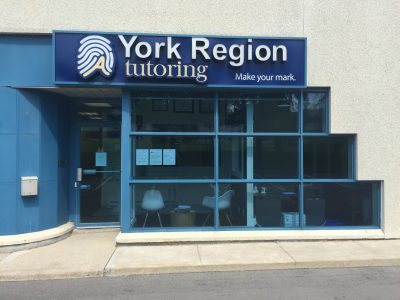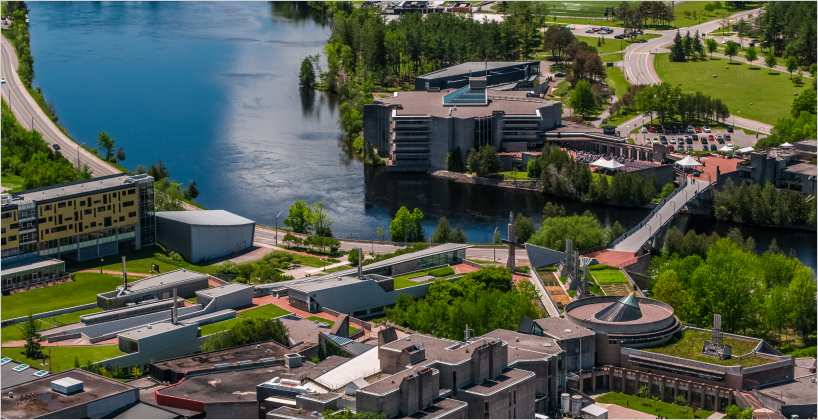How to Become a Medical Doctor (MD) in Canada from High School
Becoming a medical doctor in Canada is a challenging yet rewarding journey that begins as early as high school. For students with a passion for science, a desire to help others, and the dedication to persevere through years of rigorous education and training, the path to becoming a doctor offers countless opportunities to make a meaningful impact on individuals and communities. In this comprehensive guide, we’ll explore the steps and considerations involved in pursuing a medical career in Canada, starting from high school.
Lay the Foundation in High School
The journey to becoming a medical doctor starts with a strong academic foundation in high school. Students should focus on excelling in science subjects such as biology, chemistry, and physics. These courses provide the necessary groundwork for understanding the principles of human anatomy, physiology, and disease processes. Additionally, mathematics courses are essential for developing problem-solving skills, which are crucial in medical practice.
Beyond academics, high school students should also engage in extracurricular activities that demonstrate leadership, teamwork, and a commitment to serving others. Volunteer work at hospitals, clinics, or community organizations allows students to gain valuable experience in healthcare settings while contributing to their communities.
Pursue an Undergraduate Degree
After completing high school, aspiring medical doctors must pursue an undergraduate degree at a recognized university. While there is no specific major required for medical school admission, most students choose to major in biological sciences or related fields. It’s essential to maintain a high GPA throughout undergraduate studies, as medical school admissions are highly competitive.
In addition to academic excellence, students should seek out research opportunities, clinical experiences, and leadership roles during their undergraduate years. These experiences not only strengthen their medical school applications but also provide valuable insights into the field of medicine.
Prepare for the Medical College Admission Test (MCAT)
The Medical College Admission Test (MCAT) is a standardized exam required for admission to medical schools in Canada. The MCAT assesses students’ knowledge of natural, behavioral, and social sciences, as well as critical thinking and problem-solving skills. Adequate preparation for the MCAT is crucial, and students often invest significant time and effort into studying for this exam.
Apply to A Medical School in Canada
In Canada, there are 18 medical schools offering Doctor of Medicine (MD) programs. Each medical school has its own admissions requirements and selection criteria, so it’s essential for students to research and carefully review the application process for each school.
- University of British Columbia Faculty of Medicine
- University of Alberta Faculty of Medicine and Dentistry
- University of Calgary Cumming School of Medicine
- University of Saskatchewan College of Medicine
- University of Manitoba Max Rady College of Medicine
- Northern Ontario School of Medicine (Lakehead University and Laurentian University)
- Western University Schulich School of Medicine & Dentistry
- University of Toronto Faculty of Medicine
- Queen’s University Faculty of Health Sciences
- McMaster University Michael G. DeGroote School of Medicine
- University of Ottawa Faculty of Medicine
- Université de Montréal Faculté de médecine
- Université de Sherbrooke Faculté de médecine et des sciences de la santé
- McGill University Faculty of Medicine
- Dalhousie University Faculty of Medicine
- Memorial University of Newfoundland Faculty of Medicine
- University of Northern British Columbia (UNBC) Northern Medical Program
- Toronto Metropolitan University School of Medicine (2025)
In addition to academic performance and MCAT scores, medical school admissions committees consider factors such as extracurricular activities, volunteer work, research experience, letters of recommendation, and personal statements. Successful applicants demonstrate a strong commitment to healthcare, leadership potential, and a genuine desire to make a difference in the lives of others.
Complete Medical School
Once accepted into medical school, students embark on a rigorous four-year program leading to a Doctor of Medicine (MD) degree. The curriculum typically includes classroom lectures, laboratory sessions, and clinical rotations in various medical specialties. Medical students learn about anatomy, physiology, pharmacology, pathology, and clinical skills, preparing them for careers as medical doctors.
During medical school, students have the opportunity to explore different areas of medicine and gain hands-on experience caring for patients under the supervision of licensed physicians. Clinical rotations in hospitals, clinics, and community health settings provide valuable insights into different medical specialties and help students develop clinical competence and professionalism.
Complete Residency Training
After graduating from medical school, aspiring doctors must complete residency training in their chosen specialty. Residency programs typically last two to seven years, depending on the specialty, and provide intensive, supervised clinical training in hospitals or other healthcare settings. During residency, residents gain practical experience diagnosing and treating patients, performing procedures, and managing medical emergencies.
Obtain Licensure and Certification
Upon completing residency training, graduates must obtain licensure to practice medicine in Canada. Licensing requirements vary by province and territory but typically include passing the Medical Council of Canada Qualifying Examination (MCCQE) and meeting other criteria established by provincial regulatory authorities.
In addition to licensure, some medical specialties require board certification, which involves passing specialty-specific examinations administered by the Royal College of Physicians and Surgeons of Canada or the College of Family Physicians of Canada.
Commit to Lifelong Learning and Professional Development
Becoming a medical doctor is not the end of the journey but rather the beginning of a lifelong commitment to learning and professional development. Medical practice is constantly evolving, with new treatments, technologies, and research discoveries emerging regularly. Therefore, doctors must stay abreast of the latest advancements in medicine through continuing medical education (CME) activities, conferences, and self-directed learning.
In conclusion, the path to becoming a medical doctor in Canada is a challenging yet rewarding journey that begins in high school and continues through years of education, training, and professional development. With dedication, perseverance, and a passion for helping others, aspiring doctors can make a meaningful difference in the lives of patients and communities across the country.
Sources:
Association of Faculties of Medicine of Canada (AFMC) – The official website provides information on medical education and admission requirements for Canadian medical schools.
Medical Council of Canada (MCC) – The MCC website offers details on the Medical Council of Canada Qualifying Examination (MCCQE) and other licensing exams for physicians in Canada.
Canadian Medical Association (CMA) – The CMA website provides resources on medical education, residency training, and professional development for physicians in Canada.
Royal College of Physicians and Surgeons of Canada (RCPSC) – The RCPSC website offers information on specialty training and certification for physicians in Canada.
College of Family Physicians of Canada (CFPC) – The CFPC website provides information on family medicine residency training and certification.





